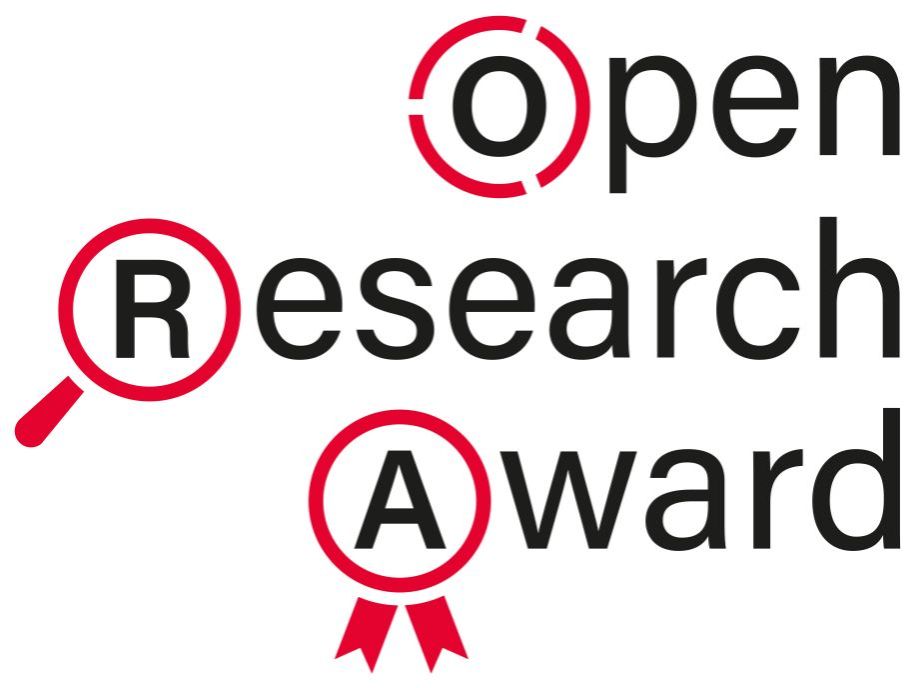Big ambitions – Limited resources

Balancing research output with open research practices in a clinical randomized controlled trial.
The ZELF-i project is a randomized controlled trial (RCT) evaluating the efficacy of a new add-on tool for the treatment of depression. The RCT comprises repeated outcome measurements, patient file data and intensive self-assessments (5/day for 28 days) in a clinical population (n = 161). This wealth of data could be used to answer a multitude of (additional) research questions both at the group level and individual level.
Description of the research context in which the open practices were employed; In clinical psychology the implementation of open practices is still in its infancy, and in 2016 – when the ZELF-i project began – there was even less support, education or funding to stimulate open research. In addition, clinical data is often highly privacy sensitive, complicating open sharing of data.
What open practices were used and why
To maximize scientific value and to justify the invested effort by patients, clinicians and researchers, we wanted to make our research as open as possible. Currently we published a protocol paper (open access) and submitted 2 articles. For these (and future) articles we:
- pre-registered on the Open Science Framework (OSF);
- posted pre-prints on PsyArXiv;
- submitted to open-access journals (e.g., Collabra, the journal of the Society for the Improvement for Psychological Science (SIPS)); - created extensive supplementary materials with assumption and sensitivity checks;
- and posted all materials and code on the OSF.
Because recruitment to trials is difficult and costly and – once successful – creates enormous amounts of data, enabling reuse is highly important. Therefore we posted:
- a description of the dataset and contact information on the publicly available Groninger Data Catalogue;
- a data transfer agreement template on the OSF; and
- submitted the self-assessment items to the ESM item repository What barriers or challenges were encountered, and how these were handled;
We started with big ambitions and tried to figure things out along the way, but learning open science practices takes time and resources. It was not until 2018 that we got the funding to appoint PhD student Daan Ornée and the application of open practices really took off:
- We started pre-registrations when most of the data was collected. We adapted the available templates into a detailed freeform pre-registration
- Editing and annotating analysis code in R to ease understanding proved very timeconsuming; as a compromise we only performed basic cleaning and provided contact information for questions.
- To make the data as accessible as possible without compromising the privacy of the participants, we aim to synthesize
data. Currently however, the required techniques are still being developed.
What benefits were realized, and for whom, as a result of using the open practices
1. Increased trust in our results. Reviewers highly appreciated the availability of preregistration, code and materials.
2. Accessibility of ZELF-i articles, data and materials for everyone. Several clinicians currently use the data for secondary research questions, made possible with the data transfer agreement.
3. Knowledge of open research practices both within the team and our department. We regularly answer questions on open science, both directly or through the local ReproducibiliTea sessions.
What lessons have been learnt from the experience
Learning and implementing open research practices in your workflow requires considerable training and time-investments. It is impossible to use all available tools at once; increasing openness step by step is more sustainable than aiming for perfection at once.
Conclusion, summarizing the main takeaway message
Sustainable open science requires balance; learning and implementing new tools and practices only helps progress if it leads to actual research output. Luckily, every small step towards increased openness is both worthwhile in itself and has incremental value; once learned, it is hard nót to do open science. Therefore open research training should be part of standard (Phd) student training programs.
About the author
He wrotes this article together with Albertine J. Oldehinkel,
Jojanneke A. Bastiaansen. All team members are working for the ICPE within
the UMCG.


